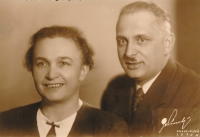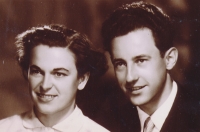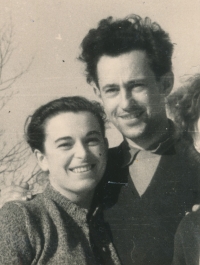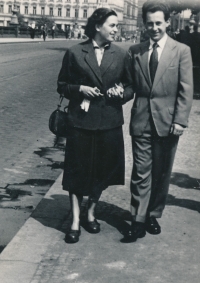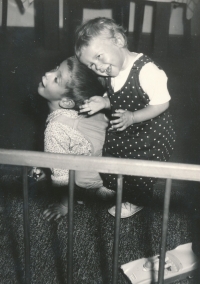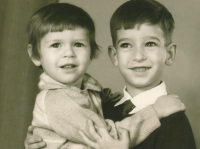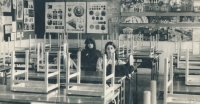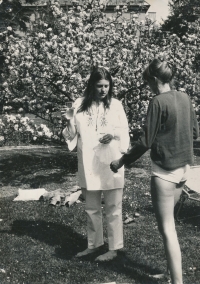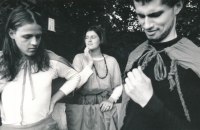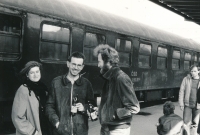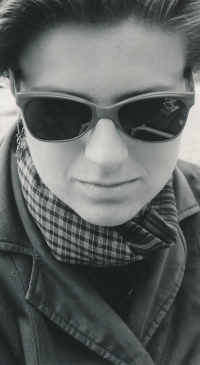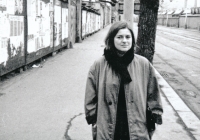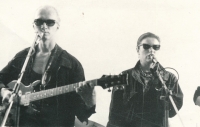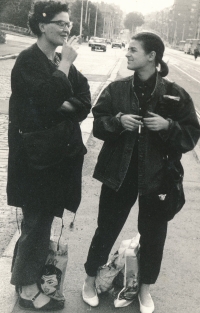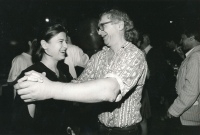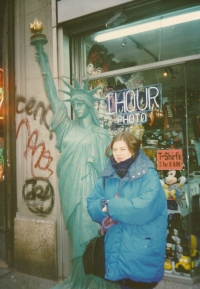I didn’t want to be in a laced life
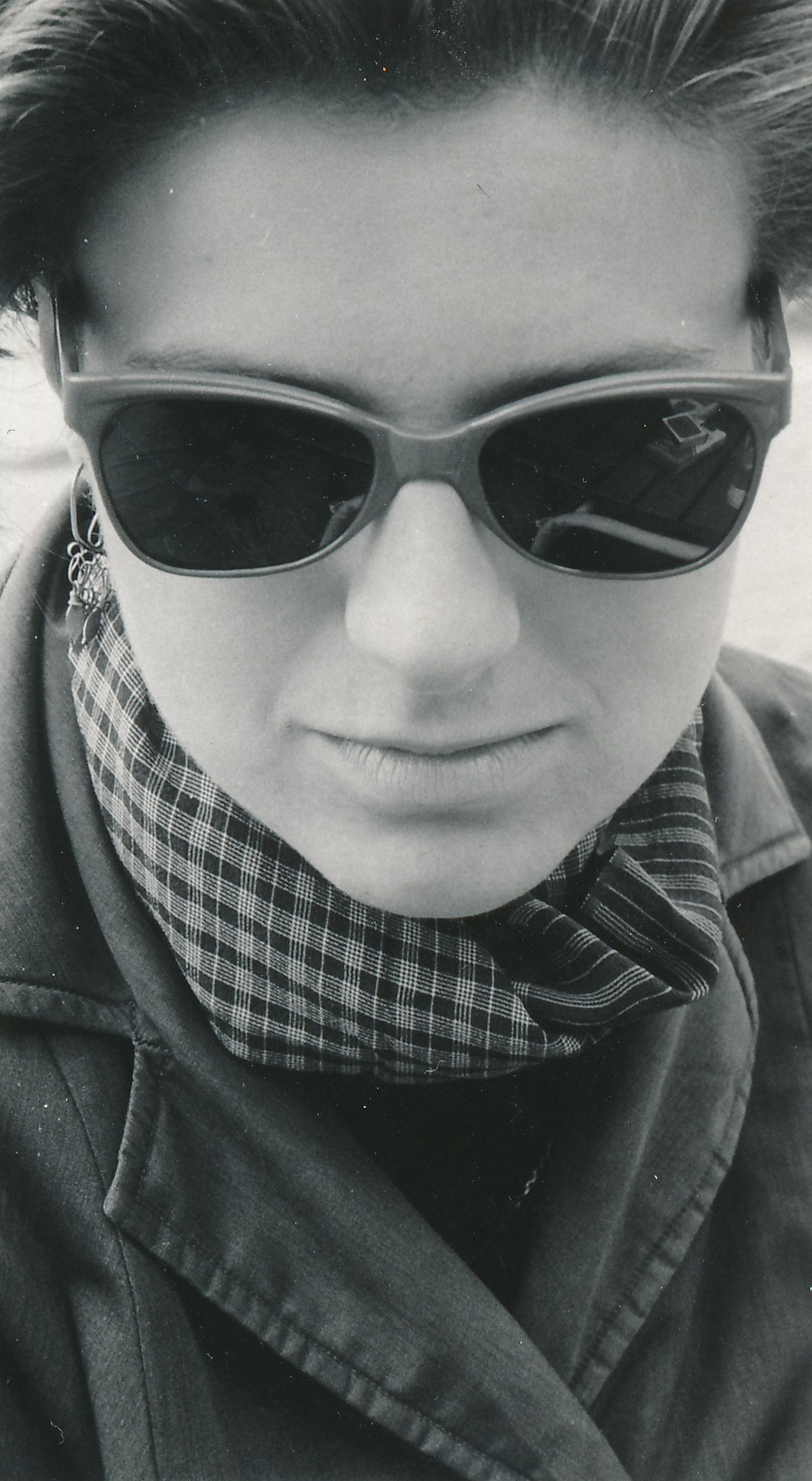
Download image
Eliška Rothová was born on August 17, 1963 to Hana and Bohumil Meissner in Prague. Her father was one quarter German and graduated from the University of Chemical Technology (VŠCHT). Her mother Hana came from Plzeň, her grandfather ran a factory which was nationalized by the communists after 1948. Both parents worked as teachers at VŠCHT. His mother’s brother, Ladislav Jakubec Jr., was sent to the Auxiliary Technical Battalions (PTP) in the early 1950s, later emigrating to Switzerland. His father became a member of the Communist Party, but in 1968 he returned his legitimation. Eliška Rothová remembers the occupation of Czechoslovakia by Warsaw Pact troops. Already in primary school she was acutely aware of propaganda and forced political agitation. She graduated from the secondary grammar school Botičská, and during her studies she and her older brother Jan attended concerts by musicians who displeased the regime but were not banned. When she was not admitted to special education, she entered a children’s psychiatric hospital in Horní Počernice. In 1983 she completed her education with a one-year pedagogical extension and found a job at the District Institute of Social Services in Prague 7 as a caregiver. She met Ivan Lamper and people from the Revolver Revue, underground culture and young dissent. Under the name of the Society for Occasional Activities, she started performing theatre and became a singer of the Velvet Underground Revival. Music and unofficial events helped her cope with the unfreedom of the totalitarian regime, and she became involved in activities against it. She participated in the activities of the Czech Children movement, attended protest rallies, and was at the first Human Rights Day demonstration in December 1987. She was repeatedly checked, detained and interrogated by members of the police and the State Security Service (StB), but she never experienced violence on their part. In 1988, she attended the so-called underground university of Bohemistics at Vyšehrad. After the Palach Week experience, she signed Charter 77. In October 1989, she spent 48 hours in a detention cell twice for giving interviews to West German journalists. She experienced the brutal crackdown onNárodní třída on November 17, 1989 and the subsequent revolutionary events in Prague, and worked at the Independent Press Centre. She ran for the Prague 7 City Council, was not elected, and then left politics. She devoted herself to studying social work at the Faculty of Arts of Charles University and further education, as opportunities opened up for her abroad. She has one daughter with her husband Jan Roth. In 2024 she worked as a therapist, lecturer and supervisor and lived in Černošice near Prague.
